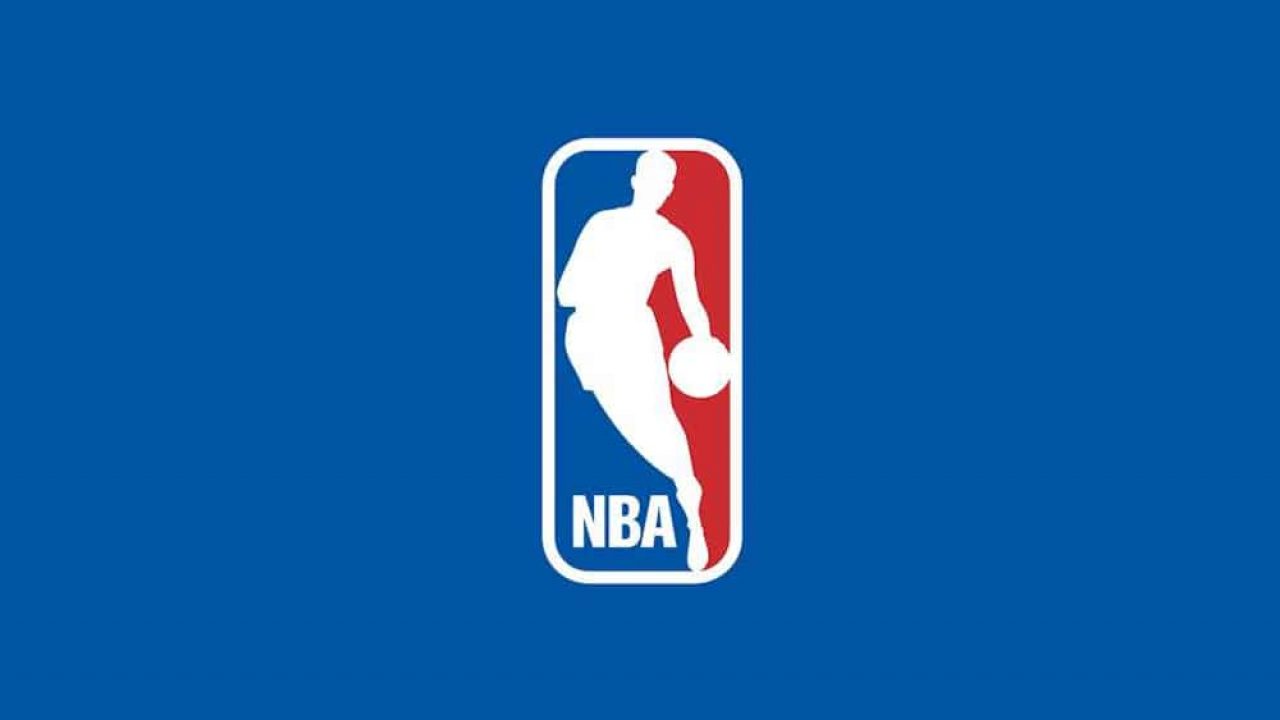NBA’s Doomsday Clause: What Could Happen Based On The Collective Bargaining Agreement
As of Wednesday, March 12, 2020, the entire NBA season was suspended until further notice when Utah Jazz centre Rudy Gobert tested positive for Coronavirus (COVID-19). This single moment in NBA history essentially shut the entire sports world down as all major sports leagues (MLB, NHL, MLS) have followed the NBA’s footsteps by suspending their current season’s play. Can the NBA really do this? According to the Doomsday Clause (also known as the Force Majeure Event clause), they can.
With just under 4 weeks left in the NBA regular season, the entire 2019/2020 season is in jeopardy of not being completed. There is hope to resume league play in May or June, but with the World Health Organization (WHO) stating that COVID-19 is a world pandemic, this puts immense pressure to make sure it is completely safe for all members of the NBA in order to return to play. Due to the easy transmission of COVID-19, the decision to suspend is not only understandable but the right and safe thing to do. Needless to say, it is not looking too good for the current NBA season.
So what happens in this unprecedented situation? The current Collective Bargaining Agreement (CBA) that came into effect on July 1, 2017, and lasts until June 30, 2024, has a clause titled ‘Termination by NBA/Force Majeure’; This clause can be found in Section 5 of Article XXXIX – Termination of NBA/Force Majeure.
Please note: The excerpts below come directly from the current National Basketball Association (NBA’s) Collective Bargaining Agreement and the interpretations of them are strictly the thoughts of the author and the team at SPort MAnagement Hub.
Section 5a “Force Majeure Event”
“Force Majeure Event” shall mean the occurrence of any of the following events or conditions, provided that such event or condition either:
- Makes it impossible for the NBA to perform its obligations under this Agreement, or
- Frustrates the underlying purpose of this Agreement, or
- Makes it economically impracticable for the NBA to perform its obligations under this Agreement: wars or war-like action (whether actual or threatened and whether conventional or other, including, but not limited to, chemical or biological wars or war-like action); sabotage, terrorism or threats of sabotage or terrorism; explosions; epidemics; weather or natural disasters, including, but not limited to, fires, floods, droughts, hurricanes, tornados, storms or earthquakes; and any governmental order or action (civil or military); provided, however, that none of the foregoing enumerated events or conditions is within the reasonable control of the NBA or an NBA Team
Section 5b “Force Majeure Event”
In addition to any other rights a Team or the NBA may have by contract or by law, if a Force Majeure Event occurs and, as a result, one or more Teams are unable to play one or more games (whether Exhibition, Regular Season, or Playoff games), then, for each missed Exhibition, Regular Season, or Playoff game during such period (the “Force Majeure Period”) that was not rescheduled and replayed, the Compensation payable to each player who was on the roster of a team that was unable to play one or more games during the Force Majeure Period shall be reduced by 1/92.6th of the player’s Compensation for the Season(s) covering the Force Majeure Period. For purposes of the foregoing calculation, and notwithstanding the actual number of games that any Team played, was scheduled to play, or could have played during the Seasons(s) affected by the Force Majeure Event, each Team shall be deemed to play five (5) Exhibition games, eighty-two (82) Regular Season games, and 5.6 Playoff games during each such Season.
Section 5c “Force Majeure Event”
In the event that Section 5(b) above applies, the applicable Compensation reduction from each player shall be withheld by the player’s Team from the first Compensation payment (or payments, if the first such payment is insufficient to satisfy the reduction) that is (or are) due or to become due to such player following the commencement of the Force Majeure Period (whether under the Player Contract that was in existence at the commencement of the Force Majeure Period or any subsequent Player Contract between the player and the Team). If such Compensation payment (or payments) is (or are) insufficient to cover the Compensation reduction required by Section 5(b) above, then either:
- The player shall promptly pay the difference directly to the Team (“old Team”), or
- If he subsequently enters into a Player Contract with, or is traded to, another NBA Team (“new Team”), such difference shall be withheld from the first available Compensation payment (or payments, if the first such payment is insufficient to satisfy the remaining reduction) that is (or are) due to the player from the new Team and shall be remitted by the new Team to the old Team.
Section 5d “Force Majeure Event”
Upon the occurrence of a Force Majeure Event satisfying the terms of Section 5(a) above, the NBA shall have the right to terminate this Agreement as of the sixtieth (60th) day following delivery to the Players Association of a written notice of termination, which must be delivered to the Players Association within sixty (60) days of the Force Majeure Event. During the sixty-day period following delivery of such written notice of termination, the NBA and the Players Association shall engage in good faith negotiations for the purpose of entering into a successor agreement, and during such period the provisions of Article XXX shall remain in full force and effect.
Phil’s Final Thoughts
The NBA can very well use the Force Majeure Event designation if the season is in jeopardy and WHO decides to call the COVID-19 crisis an epidemic. As of now, the NBA season is suspended, meaning that the NBA has yet to decide how to complete the rest of the season. The Force Majeure article in the CBA is an important article for all NBA fans to understand as this could very well be a topic of conversation for commissioner Adam Silver in the future to end the 2019/2020 campaign. If it were to be used, this would be the first time in NBA history a Force Majeure designation is enacted. Hopefully, we will have NBA basketball back soon!


